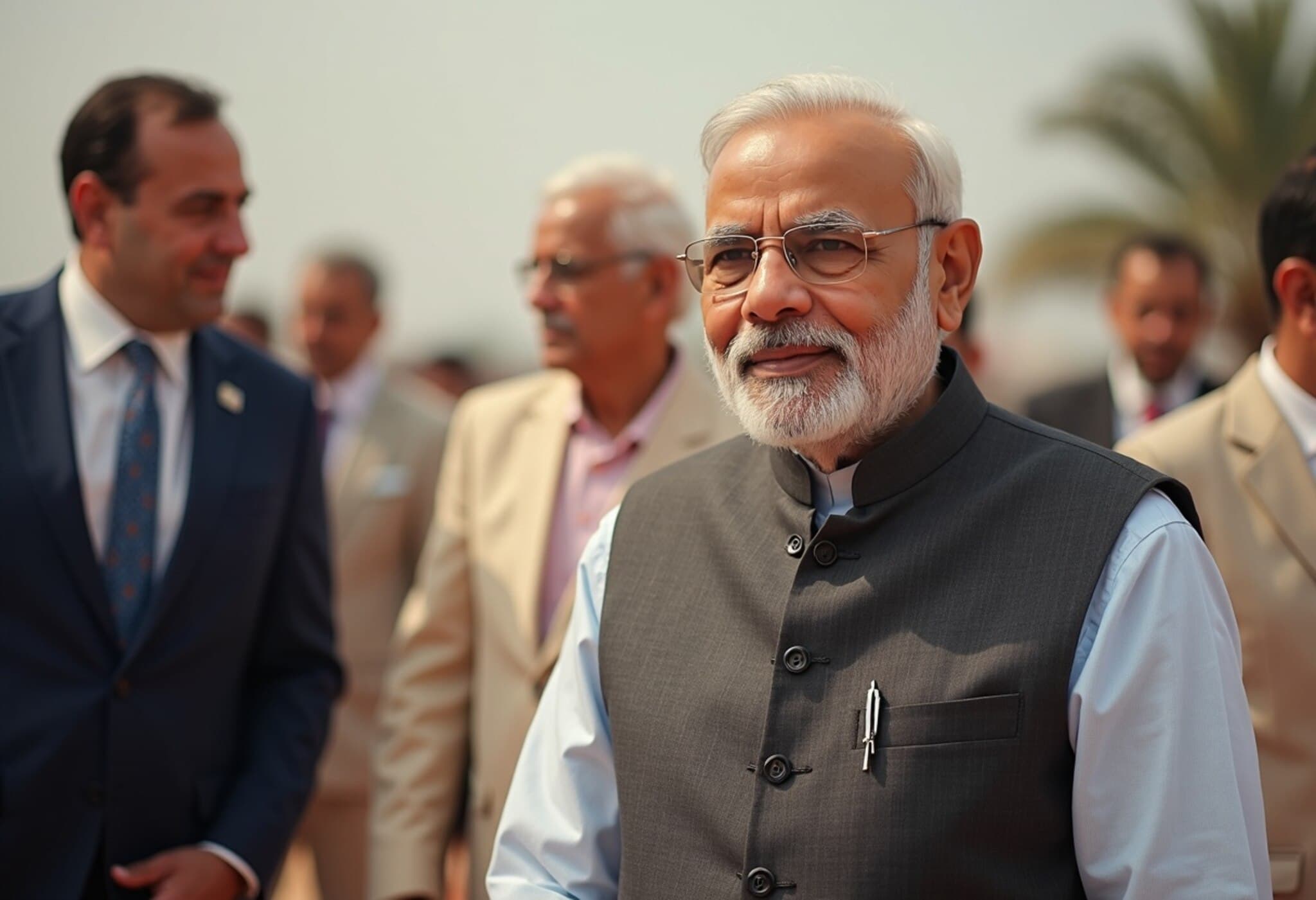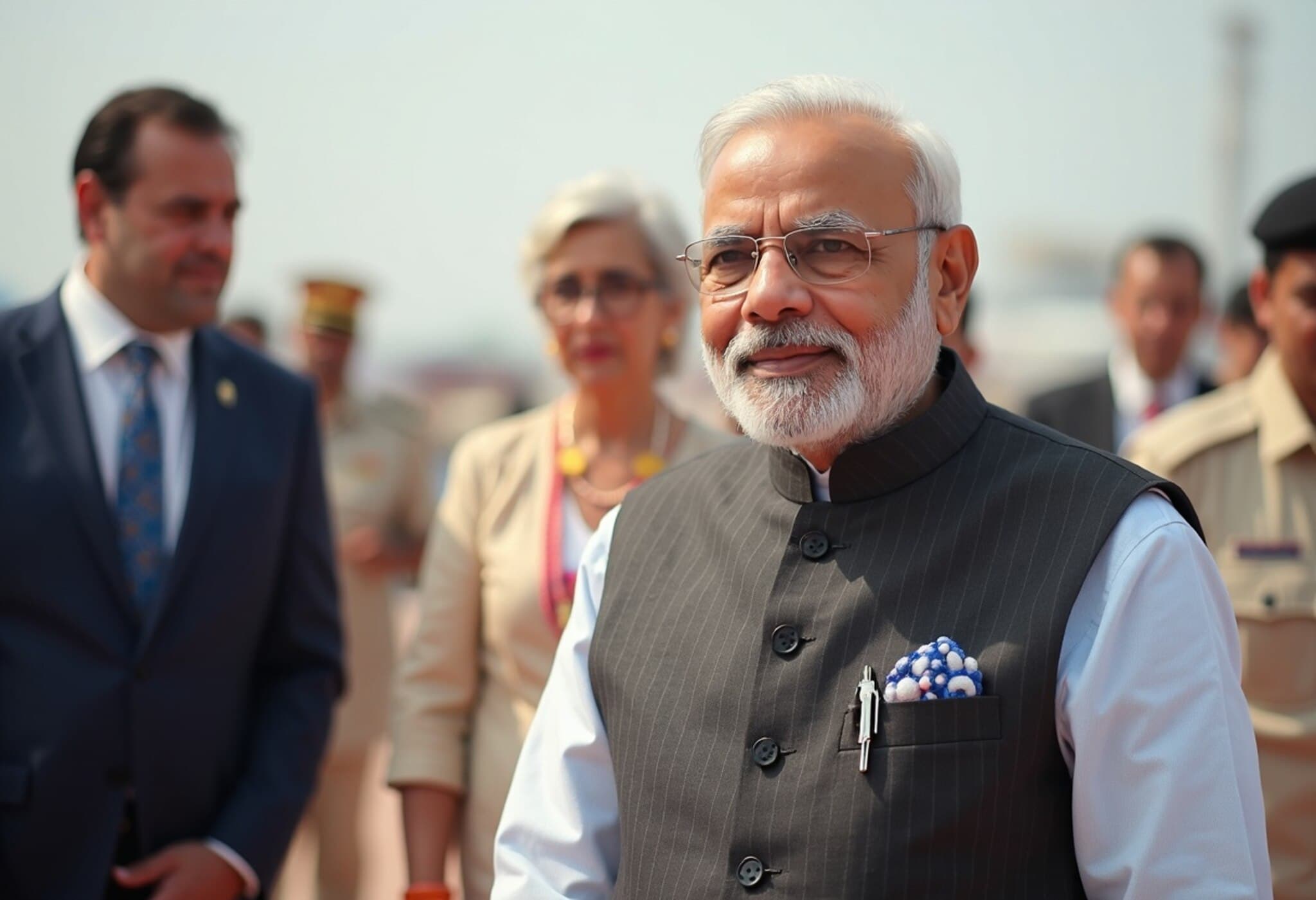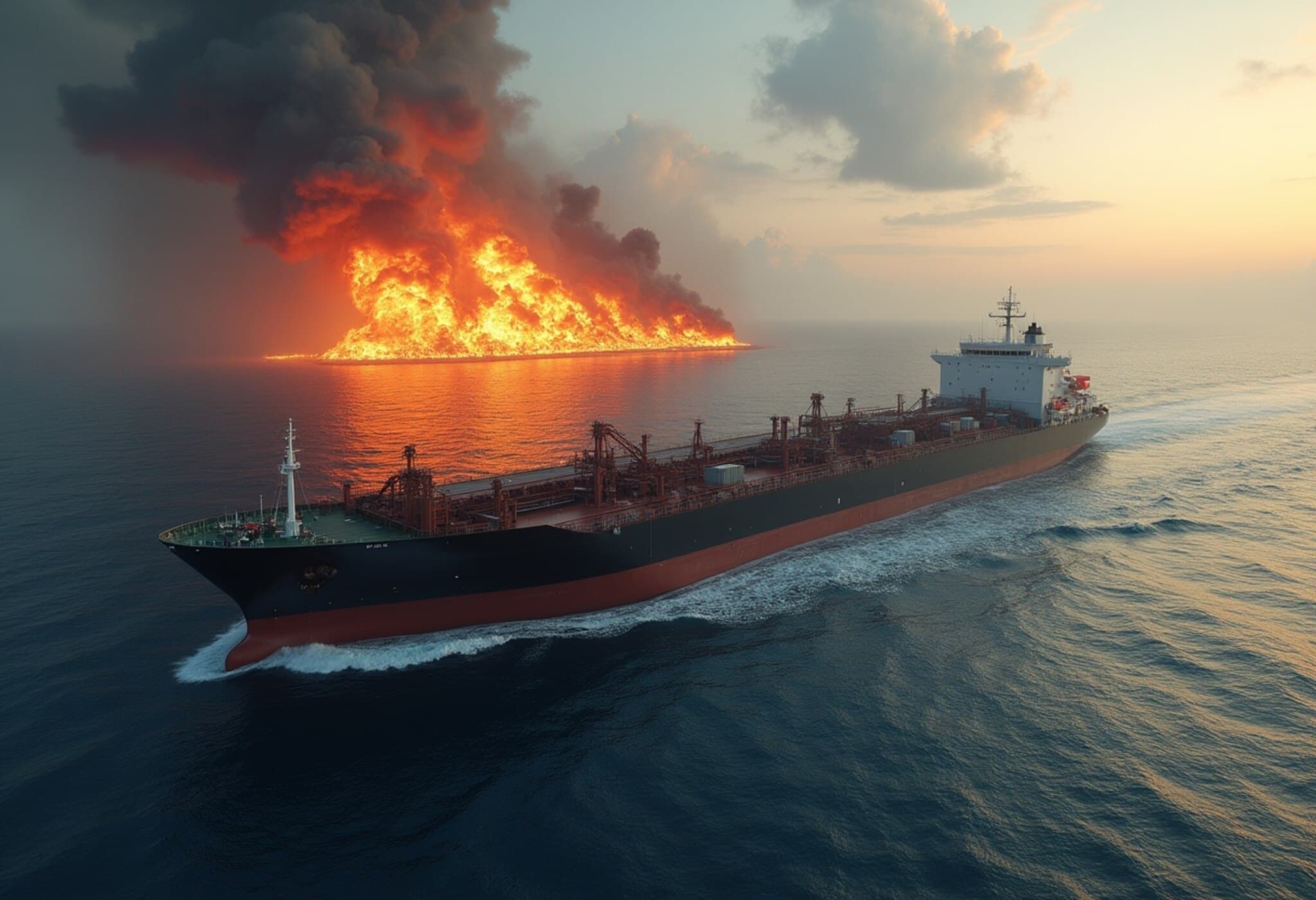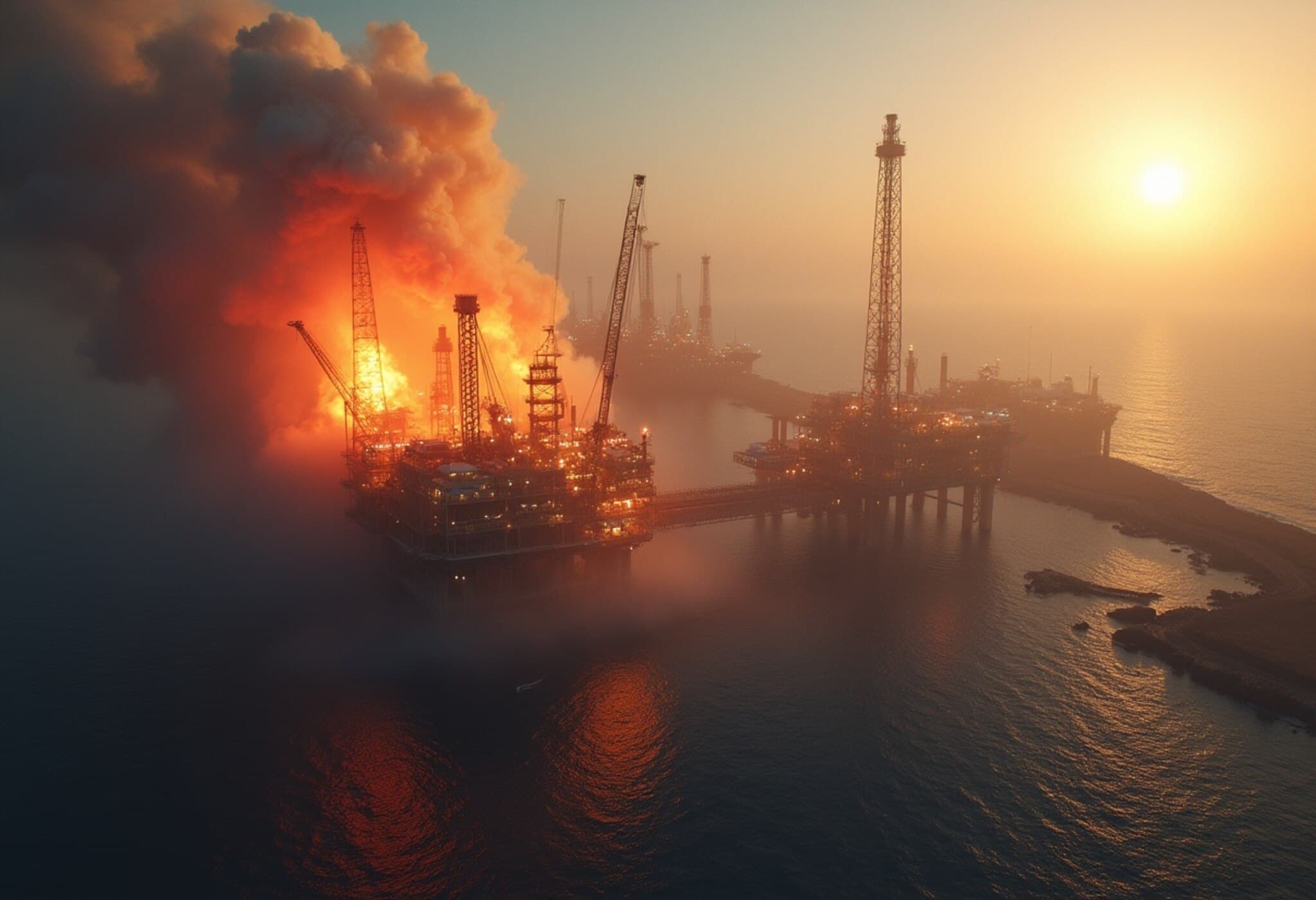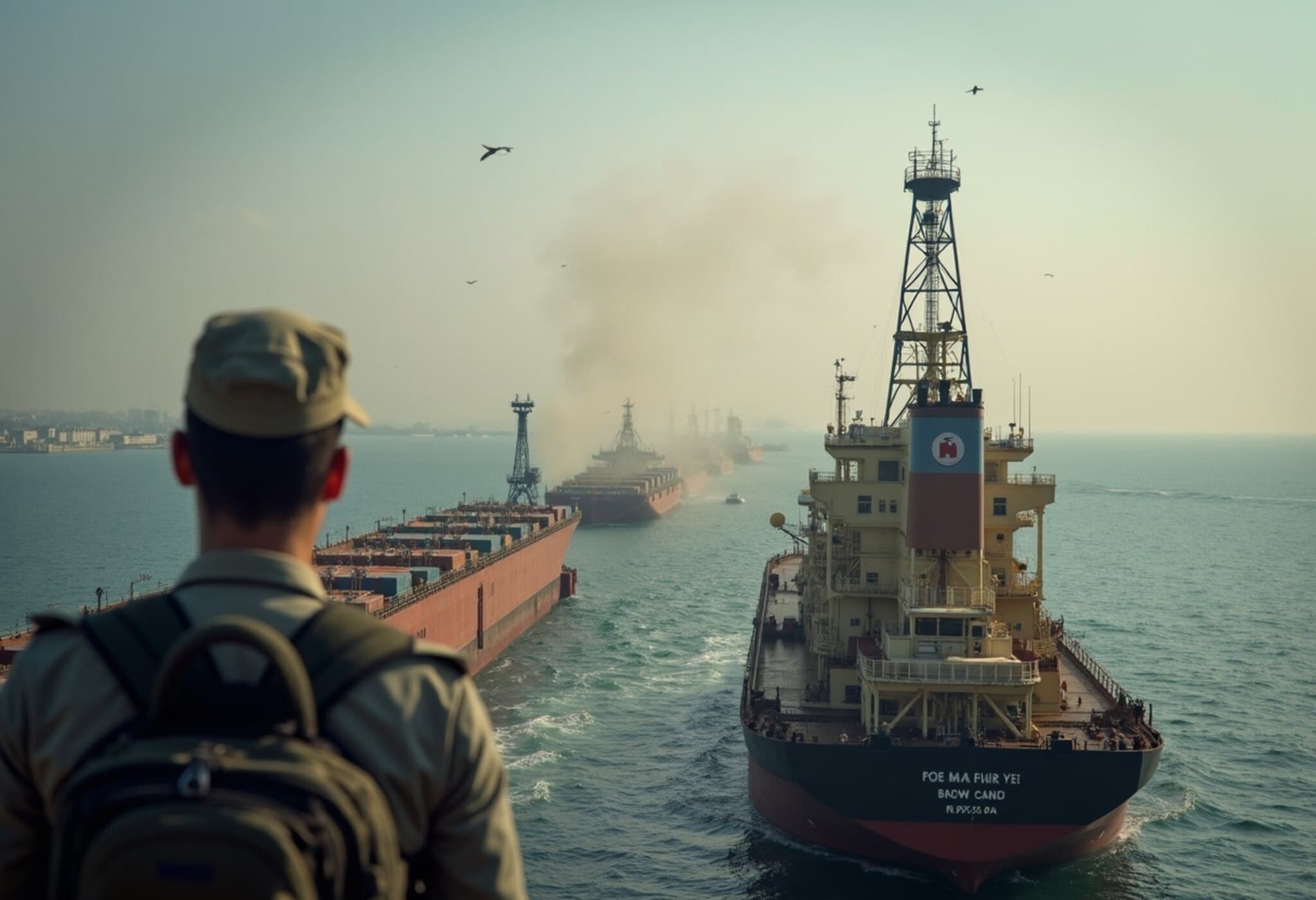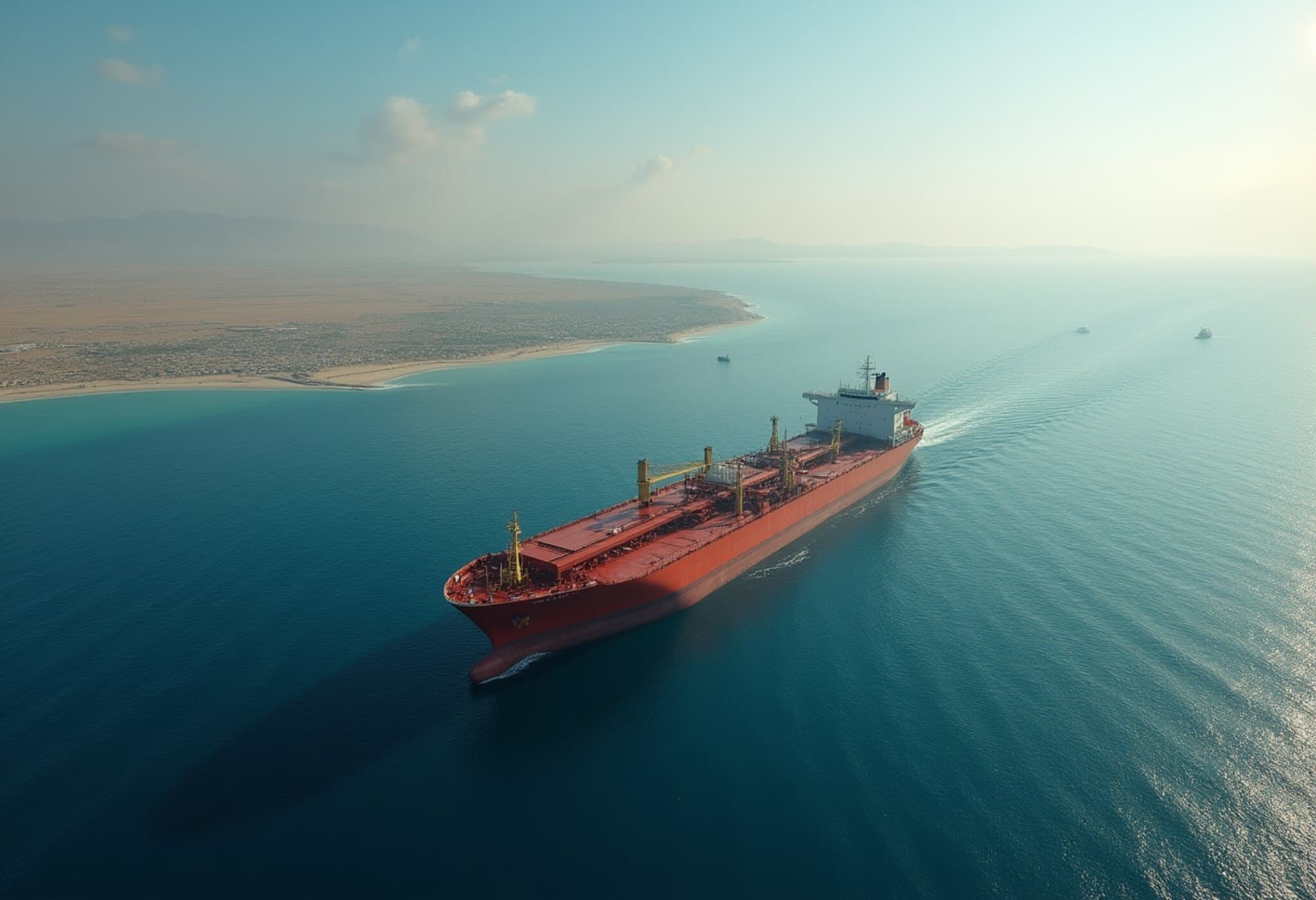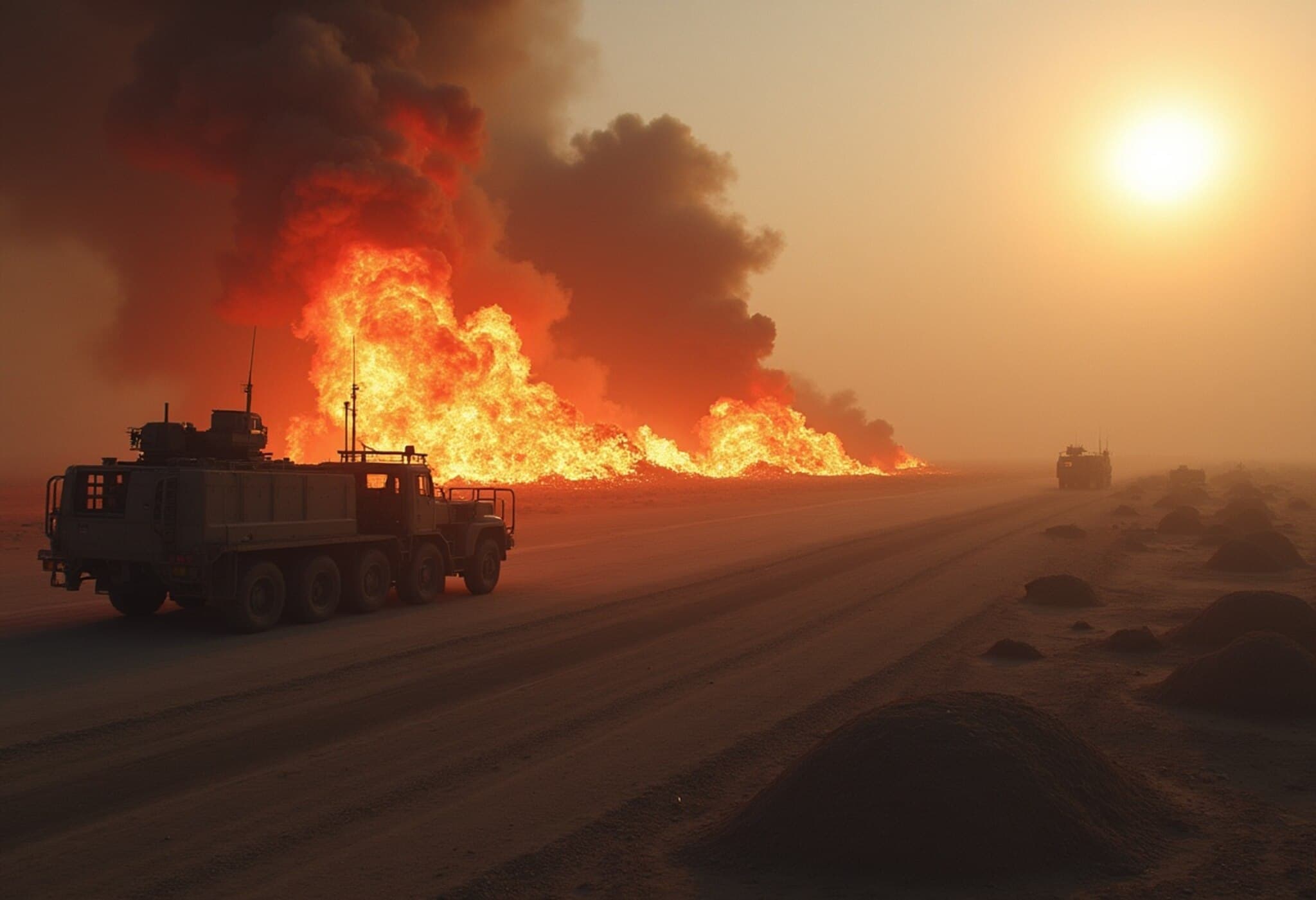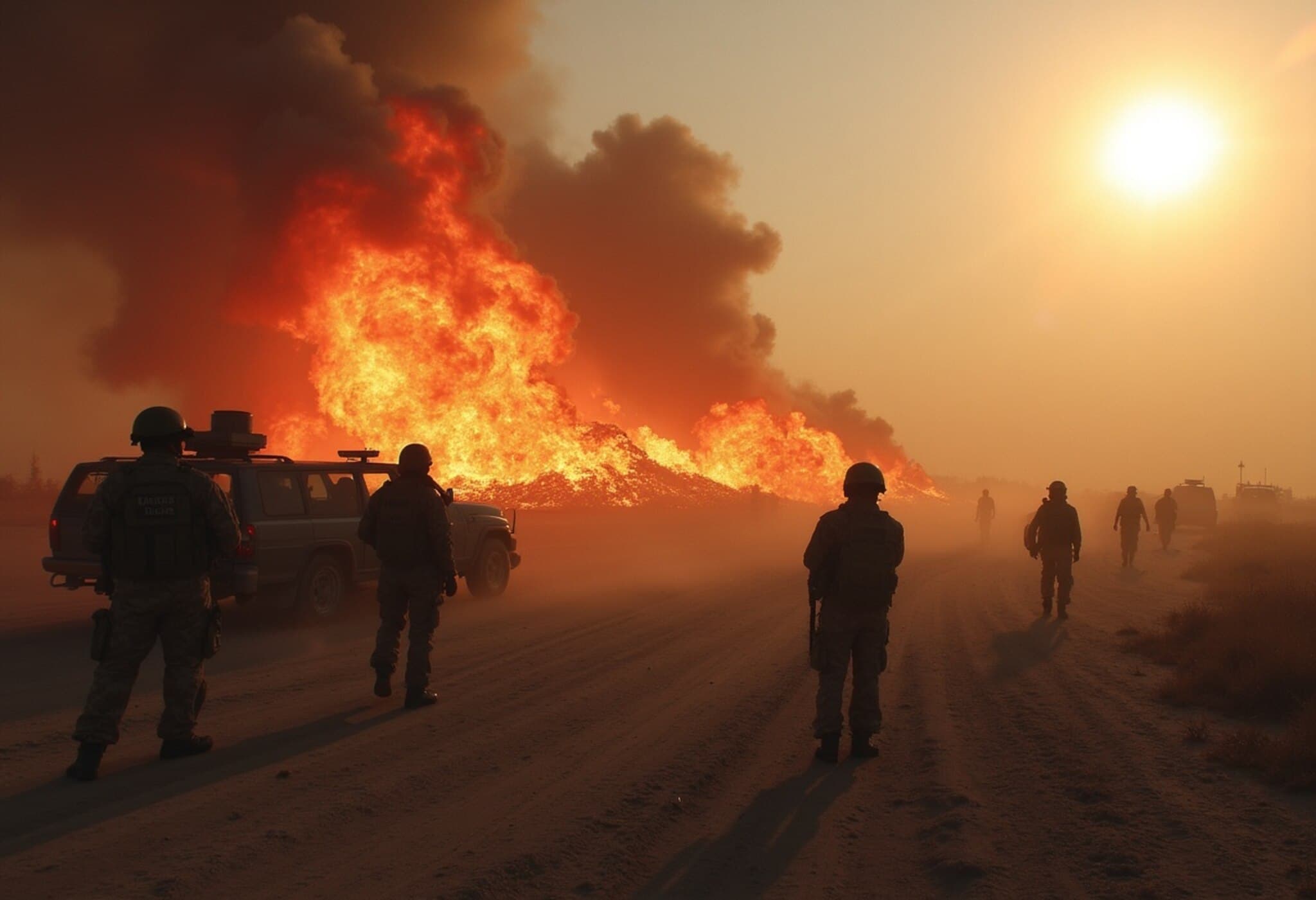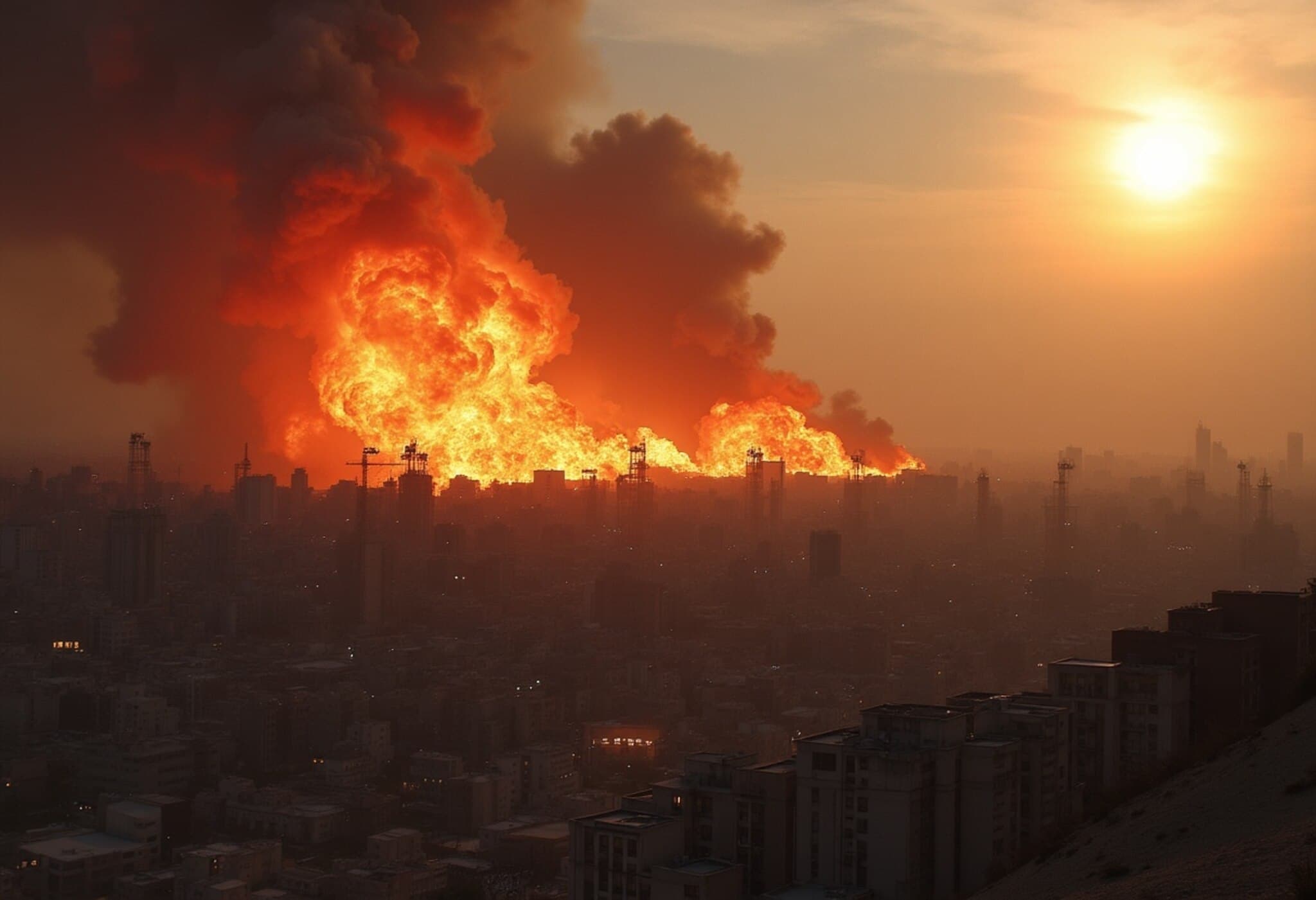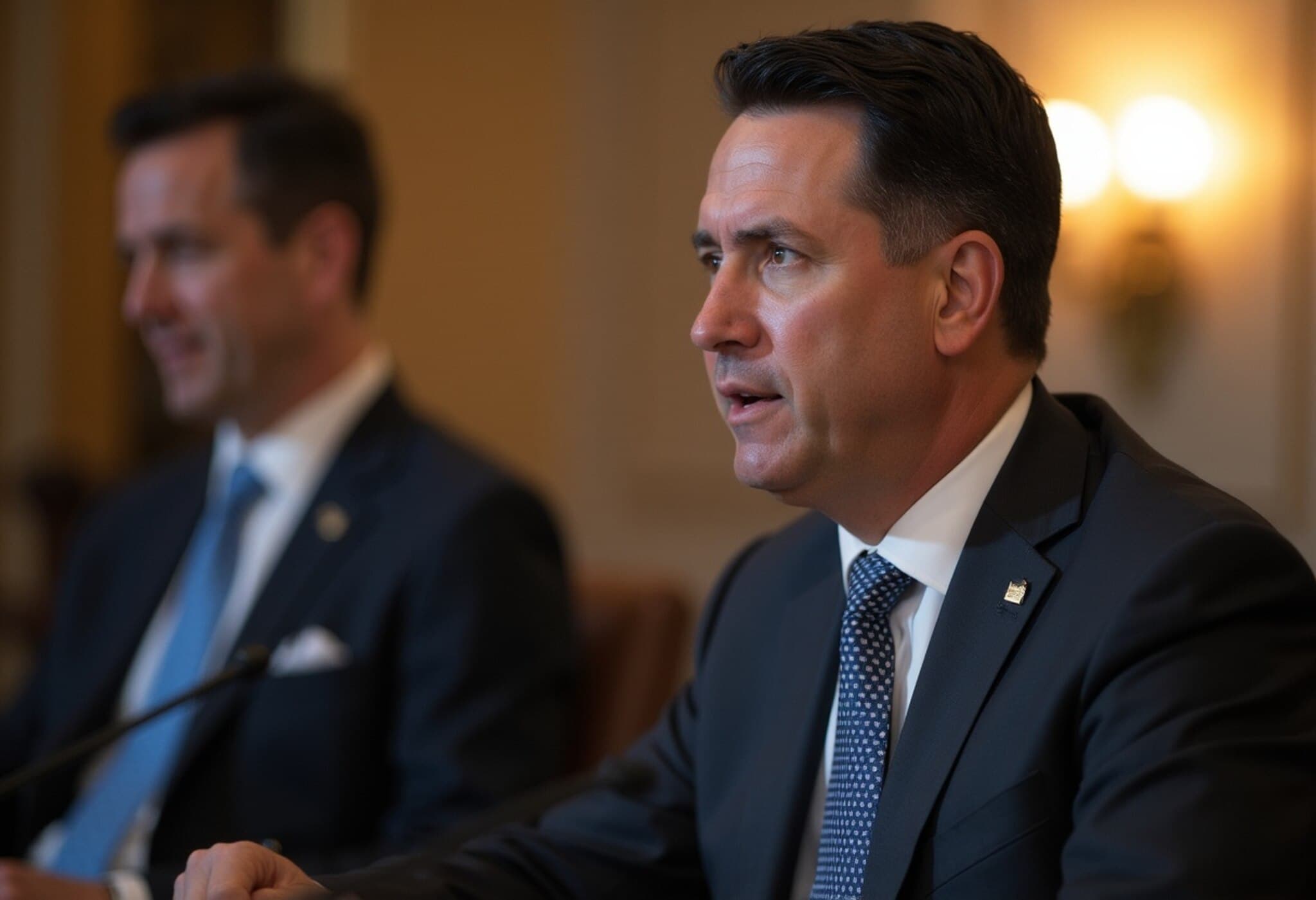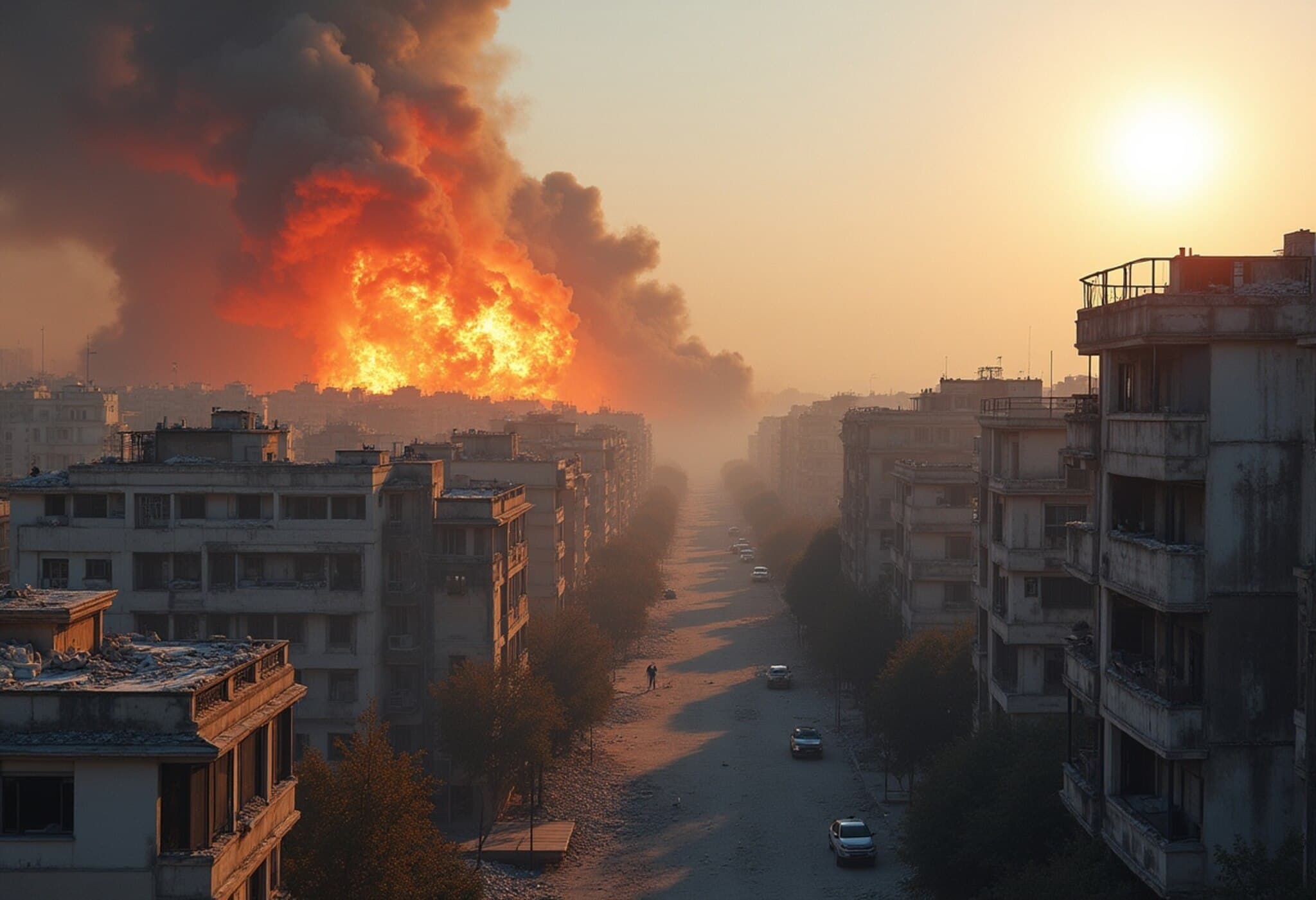Marco Rubio Calls Iran's Potential Strait of Hormuz Closure "Economic Suicide"
US Secretary of State Marco Rubio has warned that any move by Iran to close the Strait of Hormuz would represent a serious escalation, prompting strong responses from the United States and global partners.
The Importance of the Strait of Hormuz
The Strait of Hormuz is a crucial maritime passage through which roughly 20% of the world’s oil and gas supplies transit daily. This narrow waterway connects the Persian Gulf to the Arabian Sea and the Indian Ocean, stretching about 33 kilometers at its narrowest point between Iran to the north and the Arabian Peninsula to the south.
Rubio’s Message to China and Iran
Speaking candidly on international news, Rubio urged the Chinese government to discourage Iran from shutting down this vital oil corridor. He highlighted China's dependence on the strait for its energy imports, urging Beijing to exercise influence over Tehran.
He stressed, "If Iran decides to close the Strait, it would be an enormous mistake — economic suicide for them and a blow that would hit other nations' economies even harder." Rubio emphasized that the US is prepared with a range of options to respond to such a move.
Context: Recent Military Strikes on Iran
Rubio’s comments followed a significant US military operation where B-2 stealth bombers targeted and destroyed Iran’s three nuclear facilities at Fordow, Isfahan, and Natanz. This strike included:
- Deployment of 14 bunker-buster bombs
- Launching over two dozen Tomahawk missiles
- Involvement of more than 125 military aircraft
Rubio remarked that the US will closely evaluate Iran’s actions moving forward — remaining open to negotiations if Tehran chooses diplomacy but firmly prepared to act if it engages in provocative or dangerous behavior.
Global Impact and Economic Stakes
The Strait of Hormuz’s strategic significance cannot be overstated. Any disruption there risks escalating tensions and profoundly affecting global energy markets. Given the high stakes, Rubio’s appeal to China underscores the international dimension of the crisis.
As the situation evolves, governments and industries worldwide are watching closely, aware of the economic ripple effects that instability in this region can trigger.








